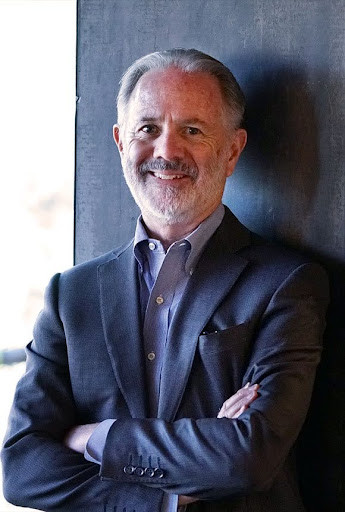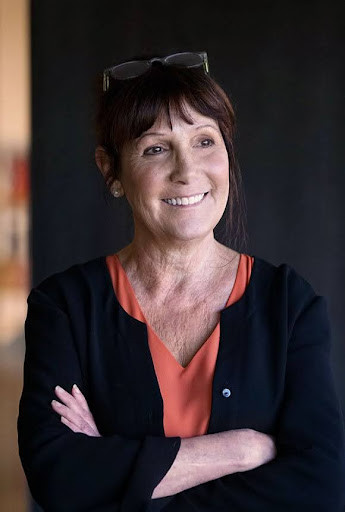
For patients facing serious illness, every day matters. Yet for many Americans, urgent treatment often collides with a bureaucratic hurdle known as "prior authorization." It's a system designed by insurers to manage costs, but for patients, it can mean the denial of necessary medical care or waiting weeks or even months for approval while their health deteriorates.
"This process is incredibly frustrating for patients," said Steven Dawson, co-founder of Dawson & Rosenthal. "When someone is dealing with a life-threatening diagnosis, a few months is simply too long to wait."
The human cost of those delays or denials cannot be overstated. A cancer patient may see their tumor progress while waiting for approval. A parent with a rare condition may be denied access to an out-of-network specialist, even when no equivalent care exists nearby. In many cases, families are left scrambling, paying out of pocket for treatments that should have been covered.
"We have had clients who had no choice but to borrow against everything they owned," Dawson explained. "People mortgage their homes, drain retirement savings, or turn to family members just to pay for treatments recommended by their doctors."

According to the American Journal of Public Health, medical bankruptcy in the United States is still one of the common causes despite the Affordable Care Act. That statistic reflects a troubling reality: coverage denials and delays don't just affect health outcomes; they create financial disasters that ripple through families for years.
One current case handled by Dawson & Rosenthal involves a woman battling two malignant tumors. Her physicians at a nationally recognized clinic recommended a precise form of radiation treatment that would spare her heart and lungs from damage. The insurer, however, denied coverage because the procedure was out of network. "Her family stepped in and paid out of pocket," said Anita Rosenthal. "That's the heartbreaking reality: people are forced to lean on loved ones when coverage is denied, even for life-saving care."
Her story echoes a much broader trend. In recent months, national media outlets such as The New York Times have highlighted growing frustration around prior authorization. The reporting has even prompted large insurers to pledge reforms, including a reduction in the number of procedures requiring prior approval. But for families in crisis, these reforms lack measurable benchmarks and do not solve the larger issue of wrongful denials.
Beyond the financial burden, the emotional toll of these denials and delays can be overwhelming. Patients preparing for surgery or radiation often describe sleepless nights, consumed with worry about whether they will receive approval in time. "There's such a strong mind-body connection," Rosenthal said. "When you are already fighting to regain your health, the added stress of wondering if insurance will come through can be devastating."
The ripple effects extend to family members as well. Spouses, parents, and children shoulder the burden of navigating paperwork, making endless phone calls, and advocating for care, all while fearing the worst. This emotional strain is as real as the financial cost, compounding the hardship of illness with uncertainty and fear.
These frustrations have not gone unnoticed. Public outrage has fueled a rise in lawsuits challenging insurance denials. High-profile cases have resulted in eye-catching verdicts, reflecting just how strongly juries feel about these issues. But even outside the courtroom, the debate has gained momentum in public discourse, becoming a touchpoint in broader conversations about healthcare access and equity.

Insurance companies often defend prior authorization as necessary to keep premiums affordable for the masses. But patients caught in the system rarely find comfort in that argument. "That line of reasoning falls apart when you are denying someone care they urgently need," Rosenthal said. "It's a process that feels rigged against the very people it's supposed to protect."
While firms like Dawson & Rosenthal continue to represent patients, their perspective goes beyond individual cases. They see these stories as part of a larger national reckoning with how healthcare is delivered and who pays the price when costs take priority over compassion.
"This is not just about isolated denials," Dawson concluded. "It's about a system that too often puts financial considerations ahead of human lives. Until that balance changes, families will continue to bear the weight of delays, denials, and impossible choices."
For patients and families, the message is sobering but also empowering: you are not alone, and the conversation is shifting. As media attention grows and public voices rise, the pressure for change is mounting. In the meantime, the courage of patients and their families, who continue to fight for timely care, remains the most powerful reminder of what's truly at stake.







